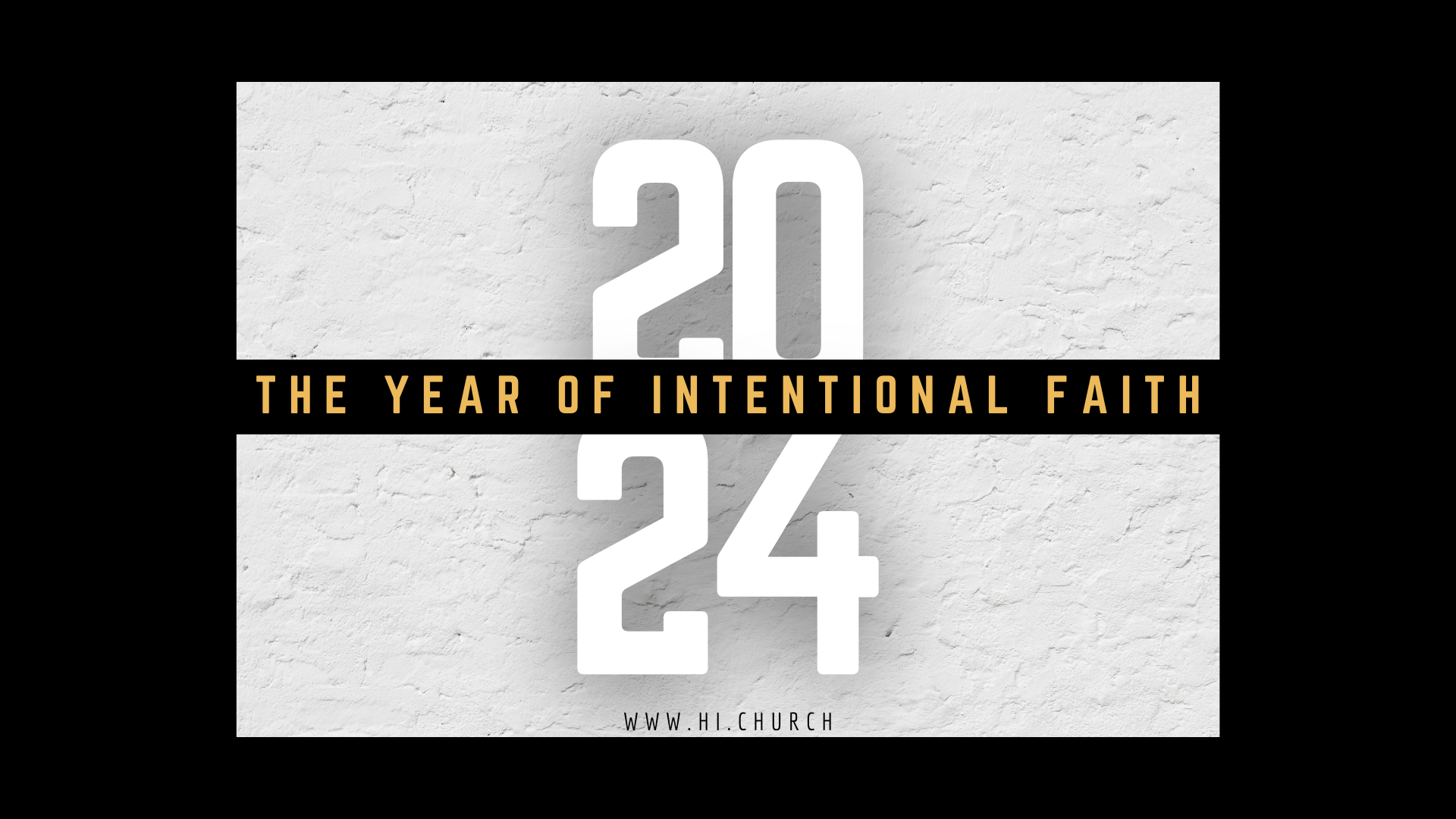Evolving Faith 2024: How Our Spiritual Beliefs Are Transforming
Let’s dive into the heart of something deeply personal—our evolving faith in 2024. In a world where change is the only constant, how we perceive and practice spirituality has shifted dramatically. It’s not just about religion anymore; it’s about connection, purpose, and finding meaning in an ever-changing landscape. If you’ve ever wondered how faith evolves over time or what this shift means for humanity, you’re in the right place. Buckle up, because we’re about to explore the modern evolution of belief systems.
You might be thinking, "What does evolving faith even mean?" Well, my friend, it’s all about adapting ancient traditions to fit today's fast-paced, tech-driven world. It’s about questioning old doctrines while embracing new ideas that resonate with who we are now. Whether you’re deeply religious, spiritual but not religious, or just curious, this conversation matters. Because at its core, faith isn’t static—it grows, shifts, and transforms alongside us.
This isn’t just another article about religion. Think of it as a deep dive into the human experience, where spirituality meets modernity. By the end of this piece, you’ll have a clearer understanding of how faith is evolving in 2024 and why it’s more important than ever to stay open-minded. Let’s get started!
- Best Auntie Annes Pretzel Your Ultimate Guide To The Pretzel Perfection
- The Passion Of The Christ Actors A Deep Dive Into Their Journey And Legacy
- Introduction
- Defining Evolving Faith
- A Historical Perspective
- The Role of Technology
- Spirituality vs. Religion
- Global Trends in Faith
- Challenges Facing Modern Faith
- Opportunities for Growth
- Impact on Communities
- Personal Stories of Transformation
- Conclusion
Defining Evolving Faith
So, what exactly is evolving faith? Picture this: A few decades ago, faith was tied closely to organized religion. People attended church, synagogue, mosque, or temple on a regular basis. But fast forward to 2024, and things look a little different. Evolving faith refers to the way people adapt their beliefs to align with contemporary values, lifestyles, and understandings. It’s about blending tradition with innovation, and finding ways to make spirituality relevant in a digital age.
Why Is Faith Evolving?
Change is inevitable, and faith is no exception. As societies become more diverse and interconnected, traditional religious practices are being re-examined. Younger generations, in particular, are seeking answers beyond the confines of institutionalized religion. They want faith that feels authentic, inclusive, and aligned with their personal experiences. This shift isn’t just happening in one corner of the world—it’s a global phenomenon.
- Scandals The Juicy Side Of Life That Keeps Us Talking
- Is Elon Musks Dad Alive Unraveling The Truth Behind The Musk Legacy
Key Characteristics of Evolving Faith
- Emphasis on personal spirituality over institutional authority.
- Increased focus on mindfulness, meditation, and self-awareness.
- Integration of science and spirituality.
- Acceptance of multiple belief systems and interfaith dialogue.
A Historical Perspective
Understanding the evolution of faith requires a look back at history. Throughout the centuries, religions have adapted to societal changes. Think about the Protestant Reformation, which challenged the Catholic Church’s authority, or the Enlightenment, which brought reason and science into the mix. These moments of transformation set the stage for today’s evolving faith landscape.
Major Shifts in Faith Over Time
- From polytheism to monotheism.
- The rise of secularism in Western societies.
- Globalization and the blending of cultural beliefs.
In 2024, we’re witnessing yet another wave of transformation. With access to information at our fingertips, people are more informed and empowered to shape their own spiritual journeys. This historical context helps us appreciate the significance of modern faith evolution.
The Role of Technology
Tech has become a game-changer in the world of faith. Platforms like YouTube, podcasts, and social media have democratized access to spiritual content. You can now attend virtual yoga classes, listen to sermons from leaders around the globe, or join online meditation groups. Technology has made faith more accessible and customizable than ever before.
How Tech Is Reshaping Faith
- Online communities offering support and connection.
- Augmented reality experiences for spiritual practices.
- Data-driven insights into global religious trends.
Of course, there are challenges too. Misinformation spreads quickly online, and some argue that virtual interactions lack the depth of in-person connections. Nonetheless, technology remains a powerful tool for those navigating their faith journey in 2024.
Spirituality vs. Religion
Let’s clear up a common misconception: spirituality and religion aren’t the same thing. While religion often involves structured beliefs and rituals, spirituality is more about personal connection and inner growth. In 2024, many people identify as "spiritual but not religious," meaning they seek meaning and purpose outside traditional frameworks.
Why Spirituality Is Gaining Traction
- Focus on individual experience rather than dogma.
- Flexibility to incorporate diverse practices.
- Alignment with mental health and wellness trends.
This shift reflects a broader cultural movement toward individualism and self-care. People want faith that enhances their lives without imposing rigid rules. It’s about finding what works for you—and that’s okay.
Global Trends in Faith
When it comes to evolving faith, the trends vary across regions. In Europe, secularism continues to rise, while in Asia, there’s a growing interest in mindfulness and holistic wellness. Meanwhile, the Americas see a mix of traditional and modern approaches to spirituality. What unites these trends is a shared desire for meaningful connections and purpose-driven living.
Regional Insights
- Africa: Revitalization of indigenous spiritual practices.
- Asia: Fusion of ancient wisdom with modern science.
- Americas: Blending of Eastern and Western philosophies.
These global trends highlight the diversity of faith evolution. No single path fits everyone, and that’s part of the beauty of this transformation.
Challenges Facing Modern Faith
While evolving faith offers exciting possibilities, it’s not without its hurdles. One major challenge is bridging the gap between generations. Older adults may feel disconnected from younger people who embrace non-traditional beliefs. Additionally, navigating the digital landscape can be overwhelming, especially for those new to online spirituality.
Common Challenges
- Resisting change within established institutions.
- Dealing with misinformation and fake news.
- Creating inclusive spaces for all believers.
Addressing these challenges requires patience, empathy, and collaboration. It’s about building bridges instead of walls and fostering understanding across different perspectives.
Opportunities for Growth
Despite the challenges, the evolving faith landscape presents incredible opportunities. For starters, it encourages dialogue between people of different backgrounds. It also opens doors for innovation in spiritual practices, such as eco-friendly rituals or tech-enhanced meditations. Most importantly, it allows individuals to explore their beliefs in ways that feel authentic and fulfilling.
Potential Benefits
- Increased interfaith cooperation and understanding.
- Development of new spiritual practices tailored to modern life.
- Greater emphasis on mental health and emotional well-being.
As faith continues to evolve, these opportunities remind us of the positive impact it can have on individuals and communities alike.
Impact on Communities
Communities play a crucial role in shaping faith evolution. Local congregations, online forums, and grassroots movements all contribute to how beliefs are shared and celebrated. In 2024, community-driven initiatives are leading the charge in redefining what faith looks like in practice.
Examples of Community-Led Change
- Interfaith service projects bringing people together.
- Virtual prayer groups reaching global audiences.
- Workshops exploring the intersection of spirituality and activism.
These efforts demonstrate the power of collective action in transforming faith for the better.
Personal Stories of Transformation
Nothing illustrates evolving faith quite like real-life stories. Take Sarah, for example, who left her church after feeling disillusioned by its rigid teachings. Instead of abandoning faith altogether, she began exploring mindfulness and meditation, eventually creating a community for like-minded individuals. Or consider Mark, who discovered solace in nature-based spirituality after years of searching.
Why Personal Stories Matter
Hearing from others who have walked similar paths can inspire and guide us in our own journeys. It reminds us that faith is deeply personal and that there’s no one "right" way to believe.
Conclusion
As we wrap up this exploration of evolving faith in 2024, it’s clear that change is not only possible—it’s essential. Faith has always adapted to meet the needs of its followers, and today is no exception. By embracing diversity, leveraging technology, and staying open to new ideas, we can create a spiritual landscape that truly reflects the complexities of modern life.
So, what’s next for your faith journey? Whatever it may be, remember that you’re not alone. Share your thoughts in the comments below, or check out some of our other articles for further inspiration. Together, let’s keep the conversation going!



Detail Author:
- Name : Ignatius Kozey Jr.
- Username : nader.damon
- Email : zpurdy@emmerich.com
- Birthdate : 1998-03-13
- Address : 336 Deion Walk Suite 977 Abshireshire, IN 41277-6520
- Phone : +12512606899
- Company : Harris-Lind
- Job : Sawing Machine Setter
- Bio : Repellat est ad omnis adipisci beatae repellat. Modi iusto molestiae id reprehenderit sunt qui maiores dolor. Impedit perferendis dolor dolores minima doloremque quidem id.
Socials
tiktok:
- url : https://tiktok.com/@carmelo.wyman
- username : carmelo.wyman
- bio : Maxime voluptas culpa neque est nam repellat.
- followers : 166
- following : 349
instagram:
- url : https://instagram.com/carmelo.wyman
- username : carmelo.wyman
- bio : Repellendus non a corporis id totam sed. Ut similique eaque autem natus laudantium.
- followers : 5702
- following : 2153
twitter:
- url : https://twitter.com/carmelo_wyman
- username : carmelo_wyman
- bio : Et doloribus aspernatur rerum. Quis est quasi et et quo. Dolorum culpa nihil consequatur optio recusandae quia nobis.
- followers : 1288
- following : 2630